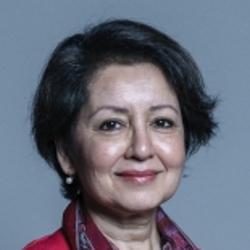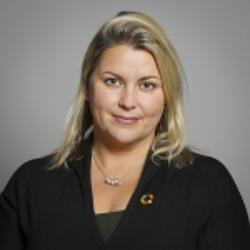Coronavirus: Older People
(asked on 21st April 2020) - View SourceQuestion to the Department for International Development:
To ask Her Majesty's Government what steps they are taking to ensure that older people in low- and middle-income countries have access to the information they need to minimise the risk of COVID-19.
We recognise that that older people are disproportionately impacted and at more risk of severe complications and death due to COVID-19. As well as the immediate risk of catching COVID-19, marginalised groups also experience secondary impacts of the virus. This includes reduced access to healthcare services and information, which is further compounded by existing accessibility barriers.
For example, healthcare information is not routinely distributed in accessible formats. Older people with visual impairments will need access to large print documentation, or may need other alternative communication methods that fit best with their needs. We are working hard to ensure that our help reaches those most in need, including older people, through close collaboration with our partners.
Our funding is supporting a range of initiatives and partners to ensure that it can reach those in need and strengthen fragile health services in the world’s poorest countries where there is a high risk of the disease spreading rapidly. This includes supporting the United Nation’s Global Humanitarian Response Plan to tackle COVID-19 and help to the most vulnerable across the globe. The plan explicitly identifies older people given their susceptibility to the virus and their broader vulnerability. Our latest UK aid announcement on 12 April of £200 million, is supporting humanitarian organisations to help reduce mass infections in developing countries that often lack the healthcare systems to track and halt the virus. This includes £130 million to UN agencies in response to their COVID-19 humanitarian appeals.
To help reduce transmission and inform the public, the UK government is also working with Unilever to fund a £100 million global hygiene programme. This campaign will be tailored to communities to ensure messages are inclusive and effective. It will reach up to a billion people worldwide, raising awareness and changing behaviour, to make sure that people are washing their hands with soap regularly and disinfecting surfaces. The programme will also provide over 20 million hygiene products in the developing world, including in areas where there is little or no sanitation.
In addition, we are redirecting existing support and programmes ensure responses to COVID-19 are fully inclusive, including supporting the needs of older people.

